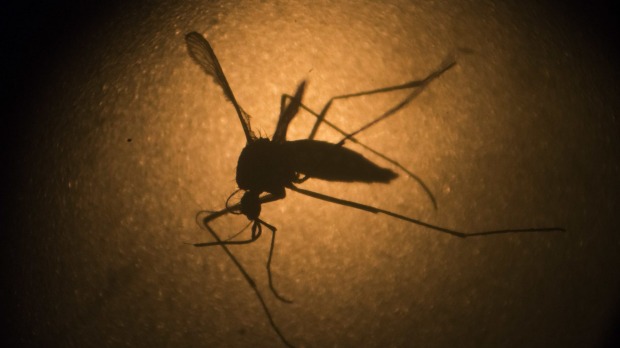
Geneva: Tests have shown that an outbreak of Zika virus on the African island chain of Cape Verde is of the same strain as the one blamed for birth abnormalities in Brazil, the World Health Organisation says.
“The findings are of concern because it is further proof that the outbreak is spreading beyond South America and is on the doorstep of Africa,” said WHO’s Africa director Matshidiso Moeti on Friday.
“This information will help African countries to re-evaluate their level of risk and adapt and increase their levels of preparedness.”
Zika was first discovered in Africa in 1947 and until the past year it was thought to cause only mild symptoms with no known link with brain or birth disorders.
Researchers identified two distinct lineages in 2012, African and Asian.
As of May 8, there had been 7,57 suspected cases in Cape Verde, an Atlantic archipelago around 570 kilometres west of Senegal, which has historic ties to Brazil.
Until the virus was sequenced by the Institut Pasteur in Senegal, it was not certain if the outbreak was caused by the African or Asian type, which has hit Brazil and other Latin American countries.
Ms Moeti said she would not recommend strict travel restrictions to try to stop the spread of the disease further into Africa, but advocated efforts to control mosquito numbers and stop people being bitten.
Bruce Aylward, head of outbreaks and health emergencies at WHO, said it remained to be seen if African populations would have some immunity to the virus which could mitigate the impact of a Zika outbreak on the continent.
Researchers say Zika infections in pregnant women can cause microcephaly, a birth defect marked by small head size that can lead to severe developmental problems in babies.
The WHO has said there is strong scientific consensus that Zika can also cause Guillain-Barre, a rare neurological syndrome that causes temporary paralysis in adults.
There have been more than 1,300 cases of microcephaly in Brazil that WHO considers to be related to Zika infections in the mothers.
Counting the cost in America
The US Centres for Disease Control and Prevention (CDC) said on Friday said some 157 pregnant women in the United States and another 122 in US territories – primarily Puerto Rico – had tested positive for Zika.
The agency has dramatically increased its testing capacity for Zika in the United States as it prepares for an increase in cases during the summer mosquito season.
Virtually all the Zika cases in the continental United States so far have been in people returning from countries where Zika is prevalent, such as Brazil, or through sexual transmission by travellers.
The Obama Administration has requested $US1.9 billion in emergency Zika funding, with the US Senate approving $1.1 billion of that request. The US House of Representatives, however, voted to allocate just $622.1 million, financed through cuts to existing programs, including Ebola initiatives.
Reuters
